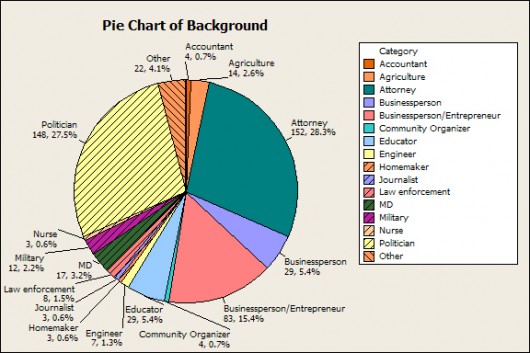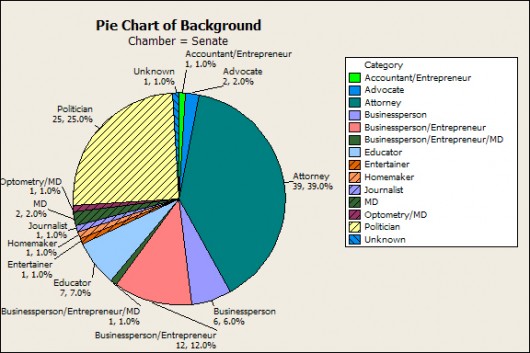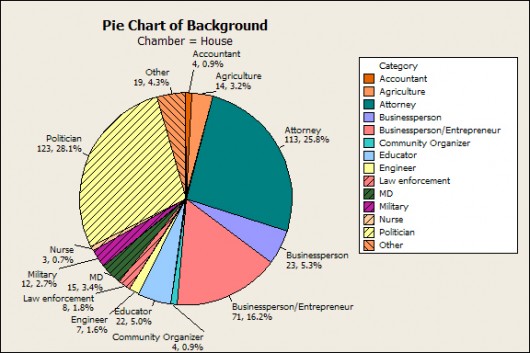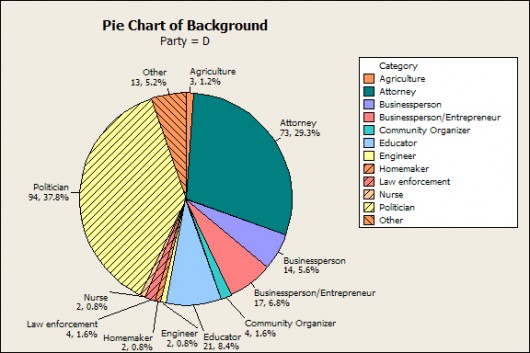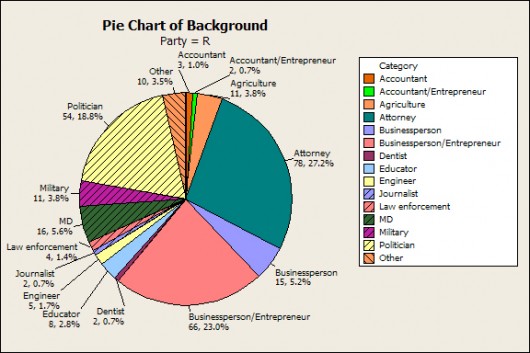In the July 18, 2011 issue of Time, Joel Stein reflected on air travel with children and other sometimes-awkward realities. Mr. Stein suggested that airlines offer a section at the rear of coach for passengers traveling with young children. On a flight to Tokyo today, a passenger reminded me of the article; Mr. Stein recognized the realities of air travel for those of us who do not travel with children of our own, but frequently travel with
passengers who travel with their children, and the realities of those parents who travel with their children. Sometimes, passengers who travel without their children simply act like children. Sometimes, a reality check is healthy, but we do not always see consensus on what reality is.
Somehow, the debate on whether to raise the debt ceiling in the U.S. and, if so, by how much has devolved into politics. It is no longer about differences between political parties because, and the reality is, consensus within the two dominant parties in Washington, DC is, at best, poorly
defined and, more likely, hard to find at all. Pundits want to make the debate a Republican versus Democrat battle, but strong disagreement on a way forward seems just as present with each party as across party lines.
Blog postings by colleagues of mine point out how many times the U.S. Congress raised the debt ceiling during presidential administrations dating back to Ronald Reagan, as if a history of doing anything is a compelling argument for continuing to do something. With that kind of thinking, as the current television commercial suggests, people would still think the world is flat (actually it says that without innovation the world would be flat – preposterous since it never was flat – but that is a topic for another day).
The national debt of the United States has never been higher and has never been a larger percentage of the nation’s Gross Domestic Product. Some people believe that the United States needs to take steps to control it’s national debt before the United States faces a debt crisis like Greece and other European nations. I suspect in a de-politicized arena most representatives elected to national office in the United States might actually
agree that growth in the nation’s national debt cannot continue indefinitely, but we would find, and are observing, strong disagreement on how and when to resolve a potential debt crisis. Whether our representatives like it or not, they campaigned long and hard to be in the position in which they find themselves. Perhaps next time they will be careful what they ask for or, perhaps, we simply have the wrong people, collectively, in office.
When I am flying, I must accept certain realities that are not necessarily included in the terms and conditions listed on the ticket. Reality 1: I am not in a position to charter my own plane and, as a consequence, I must accept that I am going to be on an airplane with other passengers. Reality 2: Sometimes my fellow passengers include children, and people who behave like children, and that is included in the price of admission. Reality 3: Sometimes when I am fortunate to sit in the big seats in the front of the plane, my fellow fortunates will include passengers with small children; that is not my opportunity to revert to childlike behavior myself. Reality 4: The parent of an unhappy child is not any more thrilled to be traveling with an unhappy child than I am and they have the added discomfort of having fellow passengers look at them as if there was something they should be doing to control the child.
Looking at our elected representatives and their plethora of appointees, the electorate might find it refreshing to hear non-spun explanations of reality from politicians. Reality A: Non-spun, politically neutral explanations of anything are unlikely from anybody elected to public office in a nation’s capital. If the first responsibility of a leader is to define reality, as asserted by Max DePree, then if those we elect to leadership positions somehow refuse to define reality and to communicate a compelling vision for a new reality, the electorate in the United States may need to face Reality B.
Reality B: Those who serve in elected office are not inherently leaders.
Reality C: Not all people in elected office are public servants.
Reality D: If e want people in elected office to lead us, we may need to elect leaders.
Reality E: the leadership vacuum crosses party lines; the party only helps clarify the possible vision.
It seems increasingly clear, facilitated by a potential crisis on the horizon, that the time is ripe for a leader to emerge. Will one?
